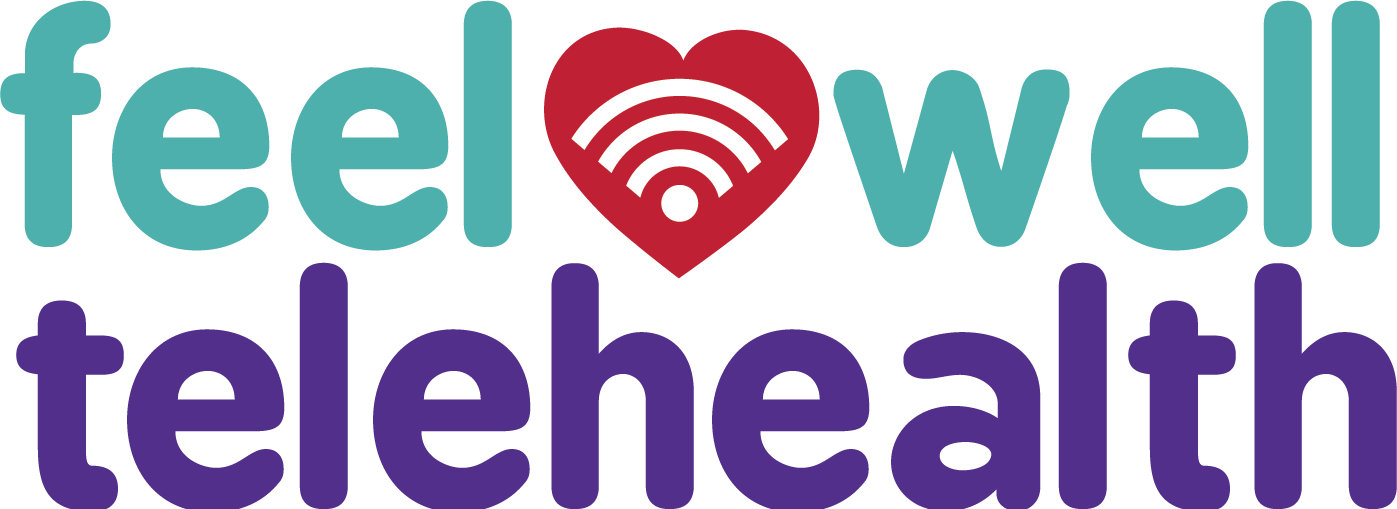Can Intermittent Fasting affect your Blood Pressure?

Did you know high blood pressure is called the silent killer?
It’s because most of the time it doesn’t give you a clue it’s high. Since you have no symptoms, you may go without treatment for years. Meanwhile, it’s damaging your body leading to heart attack, stroke, kidney dysfunction, vision loss, dementia, and sexual dysfunction.
When was the last time you checked your blood pressure? Whether you take blood pressure medication or not, it’s important to check it once in a while.
Let’s explore intermittent fasting and its effect on your blood pressure.
In general, Intermittent Fasting refers to restricted time eating and longer periods of time without eating. There are many ways to achieve this, and here you’ll see some of them.
First let me tell you, Intermittent Fasting is not for everyone. It’s not for you if you are underweight, have an acute infection, bulimia, anorexia nervosa, food anxiety, eating disorder, pregnant, breast feeding, post-surgery, kidney, liver, or cerebrovascular insufficiency, dementia, and others. It’s also not recommended for children under 18 years old.
You should talk to your doctor about your risks before starting any diet and especially Intermittent Fasting.
Many studies have indicated the benefits of Intermittent Fasting in insulin control and health in general. In November 2020 the Journal of the American Heart Association published a study done with over 1600 people on the impact of Intermittent Fasting on blood pressure. A group of people with high blood pressure (hypertension) was divided into the ones taking medication and the ones not taking medication. In a third group were people with normal blood pressure. They found significant benefits of Intermittent Fasting as some people taking medication were able to decrease or stop their medication.
Included in this research were some lifestyle practices of daily physical activities and stress reduction, which improved sleep and helped with weight loss.
Science shows that Insulin resistance is associated with increased blood pressure as it inhibits the physiological vasodilation effect of insulin.
The human race survived in cyclical food availability. Humans ate what they caught in their hunt and from farming the land. Usually in the winter there was scarcity of food, and their bodies mobilized the energy stored in the fat tissues.
In modern life most of us have food available all the time and we tend to eat even when we don’t need it. We got used to eat at certain times and we conditioned our bodies to eat too much. Processed and sugary foods are often part of our diet which makes matters worse.
Before starting intermittent fasting it’s important to prepare your body, start slowly and progress as tolerated.
Each week you build on the accomplishment of the week before. You don’t need to do it perfectly, be kind to yourself. It’s not all or nothing. It’s okay if you can only do it 5 times a week.
- Increase your water intake for 1 week, at least 8-10 cups a day 70-100 oz or 2-3 liters.
- Avoid sugars for 1 week and eat more fruits and vegetables.
- Avoid processed foods for 1 week and eat natural foods.
- Eat your dinner as early as possible and don’t snack before going to bed for 1 week. Try to have a 12-hour overnight fasting.
- When you feel ready try to skip random meals, don’t snack in between meals.
- When you feel ready try to restrict your 3 meals within 8 hours. You can continue to skip meals. This is 8-16 fasting.
- When you feel ready try to have 2 meals within 6 hours, 2 times a week. This is 6-18 fasting.
- When you feel ready try to increase your 6-18 fasting to 5 times a week.
- With doctor supervision you may try to do a 24-hour fasting once a week (one meal a day).
- If you need to lose weight and your doctor agrees you may try to do a 24-hour fasting twice a week or three times a week.
- It’s important to listen to your body and adjust as needed.
- During the fasting time you can drink water, coffee, and tea without sugar or cream.
- Don’t restrict salt.
- Eat fruits with a protein to avoid spike of insulin.
- No need to restrict your calories. Just choose healthy natural foods.
Make sure you consult with your doctor before starting intermittent fasting, mainly if you take any medication.


